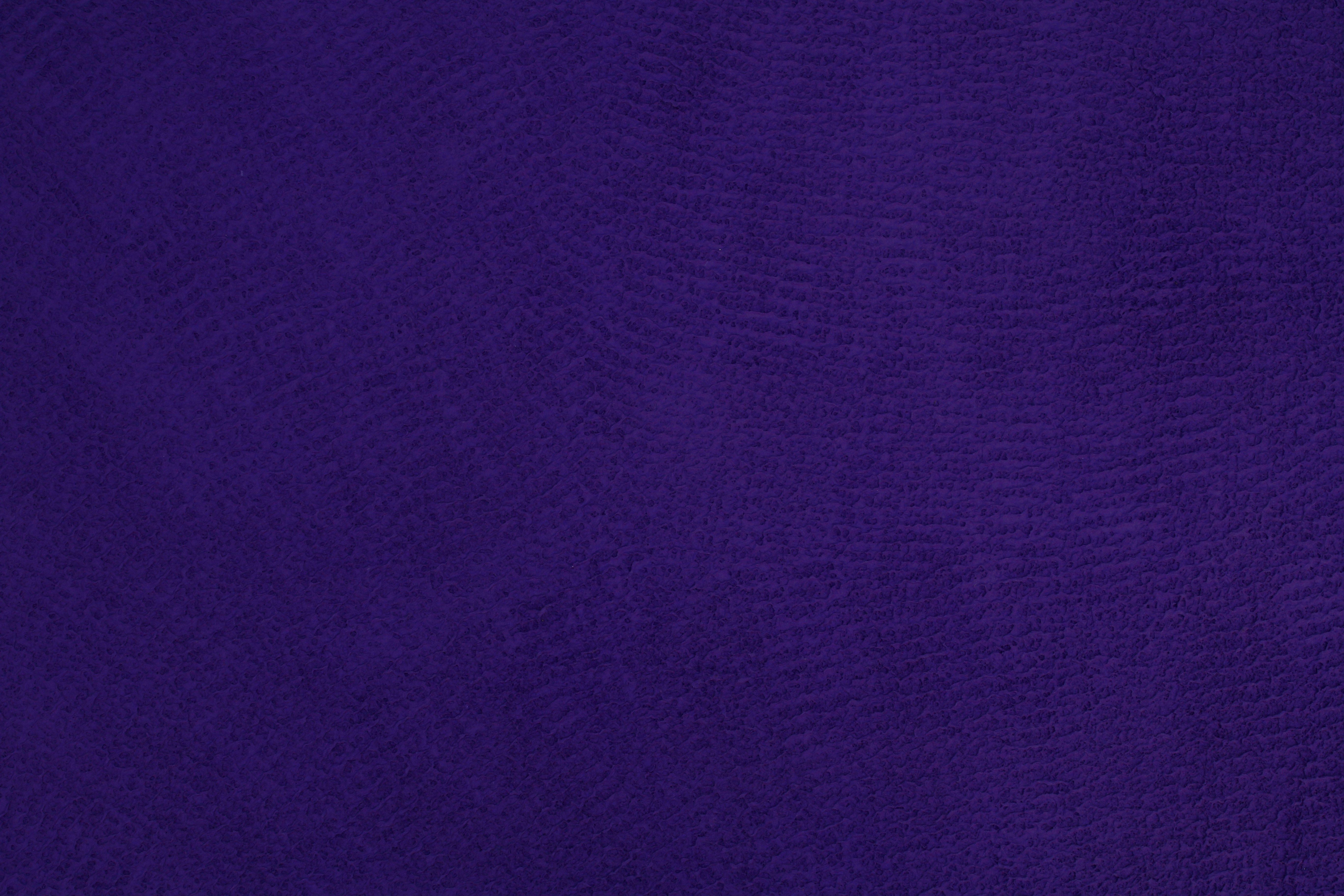Knauf Stands Firm Against Accusations in Russia
Germany-based construction materials manufacturer Knauf has defended itself against allegations that it is supporting Russian war efforts in Ukraine, as investigations continue into the company's operations in the region.
Russia's invasion of Ukraine has led to widespread criticism of Knauf's business activities in the country, with the "Spiegel" recently publishing a report suggesting that Knauf materials such as gypsum and cement could have been used to expand Russian atomic weapons support points.
Knauf has denied any knowledge of such usage and stated that it rejects the accusation that it is knowingly supporting the construction and operation of nuclear weapons bases through direct product deliveries.
The family-owned company has announced its intention to withdraw from Russia after more than 30 years of business, but plans for this departure are reportedly still in progress. The company cites regulatory and jurisdictional complexities as reasons for the delay.
Knauf operates several subsidiaries in Russia, employing approximately 4,000 people. The company insists that it always complies with applicable sanctions and claims that it only trades with independent building materials dealers, over whom it has no control. The end use of its products is thus uncertain.
Western companies seeking to sell their subsidiaries in Russia must accept significant discounts and pay additional taxes and duties. Moscow has imposed a 35% tax on such sales, complicating the exit process for foreign companies.
Knauf has stressed that its building materials are neither intended nor suited for making weapons systems operational or maintaining them. The company states that it has no contractual relationships with the Russian Ministry of Defense or with authorities subordinate to the ministry.
In addition to its operations in Russia, Knauf is also active in Ukraine, where it operates a plant in Kyiv and has begun construction on two new plants in the western part of the country.
Knauf generated approximately €15.4 billion in revenue in 2022, placing it among the world's largest construction materials producers. The company operates in around 90 countries and maintains hundreds of plants with approximately 40,000 employees across all five continents.
Critics have long scrutinized Knauf's business dealings in Russia due to concerns about its operations and supply chains. The company consistently emphasizes that it has not supplied any goods to Russia nor exported anything from Russia since February 2022.
Despite the challenges involved in withdrawing from Russia, Knauf's plans to exit the market remain in place. The company must navigate complex regulatory requirements, address concerns about its indirect involvement in local projects, and manage its reputation and operational security in the process.
- Knauf is adamant that its community policy, governed by adherence to applicable sanctions and trade with independent dealers, ensures that finance from its business activities in Russia is not supporting any employment in the construction of atomic weapons support points or nuclear weapons bases.
- In light of the regulatory complexities and the imposition of a 35% tax on Western companies selling subsidiaries in Russia, Knauf's efforts to exit the Russian market while maintaining its operations in Ukraine could prove challenging, necessitating careful management of its business finances and employee relations.





